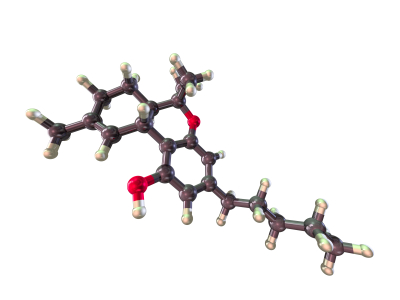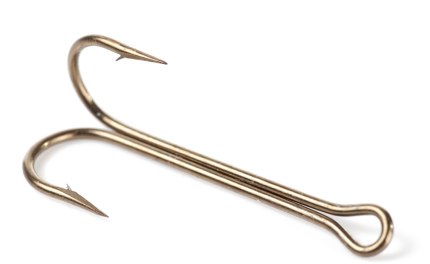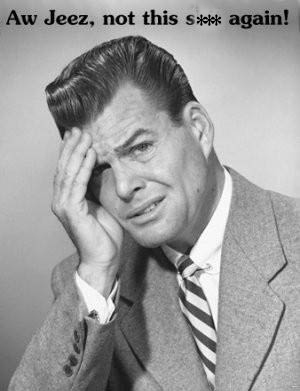Let me just go on record as not having any strong feelings about cannabis use and the issue of legalization.
The great majority of alcoholics and addicts that I’ve worked with over the years have at least tried it, and many have been regular users since age 12 or 13. By the time I encounter them, in their 20’s or 30’s or 40’s, their attitudes about cannabis and its use are pretty much set in stone. I can point out some things they may not have known, but that’s about it. Nothing I say is going to scare them away from it.
Nonetheless, I know that cannabis often plays an important role in how they respond to addiction treatment.
That’s because so many arrive in treatment having identified themselves as having a problem with alcohol or a stimulant or an opioid, but not as somebody who needs to worry about smoking pot.
You hear it over and over: “Well, of course I use cannabis, but it’s never been a problem.” They mean they’ve never been arrested for smoking grass, or missed work or run their car off the road because they were under the influence of cannabis.
Translation: I see no reason not to continue to use it in future.
This is an issue because continued cannabis use often contributes to relapse.
Here’s how it happens: You’re stoned one afternoon or evening, feeling good, and you think, why not upgrade this a bit? Maybe a couple of those beers that I left in the fridge, or maybe go next door and see if Rodney still has some of that skunk weed left from the weekend… nothing dramatic, y’know? Just refine the buzz a bit.
And then there’s the slippery slope: I smoked dope and nothing bad happened. I’ve learned a lot. Maybe now I’ll know how to stay in control. Only one way to find out– experiment.
And if we do get away with it– if we are able to stop after a couple beers and/or a few hits on the bong– it just reinforces the conclusion that we can do it again.
But all too often, it’s just the beginning of a repeat cycle.
Loss of control is almost impossible to comprehend unless you’ve experienced it firsthand. But if you’ve been down that road, making repeated attempts to control use or to stop and stay stopped, only to fall flat, you should eventually realize that what works for others just doesn’t work for you. It might have in the past, but no longer.
Which is why so many people in recovery avoid a whole range of substances, rather than just the ones they had a problem with. It’s not because a counselor advises it. It’s based on experience.














Hello again, I wanted to reiterate my last comment because I was on my phone typing . but was unable too, SO to further my comment, I wanted to clarify slightly more and not be so generalized.
Research should be done further by therapist in the addiction field ,as to alternative treatments . (Ibocaine,mdma,cannabis,,ect,ect) I have an upmost respect for AA and the friends I made there. I came from a very strong foundation in the program. And I worked vigilantly on myself.
After some time though , I clearly outgrew others around me,and traditional ways of thinking. Along with years of accountability and counseling.
I was shot into metaphysics,quantum physics,and a ton of new agey things , I was part of a 4th way and sermon on the mount, classes for 2 years solid. Plus had many personal small group gatherings where we discussed all types of alternative teachings.
The thing about cannabis I was explaining was the alpha wave brain state , (http://www.brainwavesblog.com/tag/increase-alpha-brain-waves/)
YEs , caution should be taken , One should learn how to induce these mental states without mind altering sub first,, If you’re personally running from your feelings and haven’t done a inventory in some form or another with an experienced partner, then you will never be free completely.
I am stating all of this, Because there is 2 sides to the coin on everything, I am hoping to see expanding ideas in the recovery field and break free from crystaslized ways of thinking . Get through to the sick and suffering. They are in desperate need of alternative thinking modes .
There are NOt in AA meeting of any hierarchy meeting for that matter . People with 30 years claiming sobriety , what ever that means to them , is utterly sick. Very sick people out there. Those people in those meetings ,called the long timers, are energy vampires. They leach of the new comers. that’s how they keep going and continue their sherade . the question is ,what is sobriety mean ? “Of SOund MIND”
We are all human and can fall into addictions, ( eating to many cheese burgers, watching to much tv, gossiping to much,,working to much,,ect..ect.. ) All of these are not healthy , just as alcohol and narcotics are not healthy .
I hope im making a point here to ‘some’ that may need to here it . I know I did at one point. I was so trapped and boxed in with fundamental teachings , religions,recovery meetings.. ect.ect..
A person with uncontrollable addictions and compulsions has a very arduous journey, but the more they work at it the sooner they change there thinking become free. ( “Recovered.. “Cured”, whatever you wanna call it . , (“”recovered from a hopeless state of mind and body””)
So to All , question and verify everything you read , such as these articles,and any or all articles based on recovery, Do whatever works for You Personally , there isnt just any ONE way,,,but,,MAny Many routes to freedom . One major game changing teacher that helped me was ( PAUL HEdderman ) If your on fire and burning up inside , then Look him up and watch his videos and listen to his audio. .
Best wishes to ALL .
This article says what most crystallized addiction minds say. whether patients or teacher.
The same thing over and over. ” oh, why not try to enhance my buzz. or have a few more drinks.ect ect ”
me personally Coming from 7-1/2 years fRom addiction and alcohol abuse .
I picked up vaporizing cannabis around 5-6:years in. NO , ive never had a sensation of bRinging a altered state further. I also haven’t drank alcohol .ever… on the contrary, I use cannabis as a tool for self discovery and meditation. Thc, cbd, cbn, induce a beta mental state. slows the brain thinKing down.
I also didn’t pick up cannabis again in search of relief from my daily issues. or past aggressions.
just as a tool. that’s simply it. yes it’s gotten deep sometimes when hanging with others who indulge. but never has there been a ” let’s indulge in some other substance. My point being. , its 2015 time to look at alternative ways of thinking. there are 1000’s of different species on earth. and so its the v same towards human beings. Yes you should heal your past resentments . yes you should attend meetings. yes you should have accountability . All of these techniques work. But , Mind Body Spirit. that’s the key.
I could rant about this forever. ill cut it short for now. if anyone wants to contact me for further info on this subject. please please do. evolusive@hotmail.com.
I have credentials in metaphysics and have so many enlightening parts to my life. I wouldnt change a thing . Mir will always be revealed because change is inevitable .